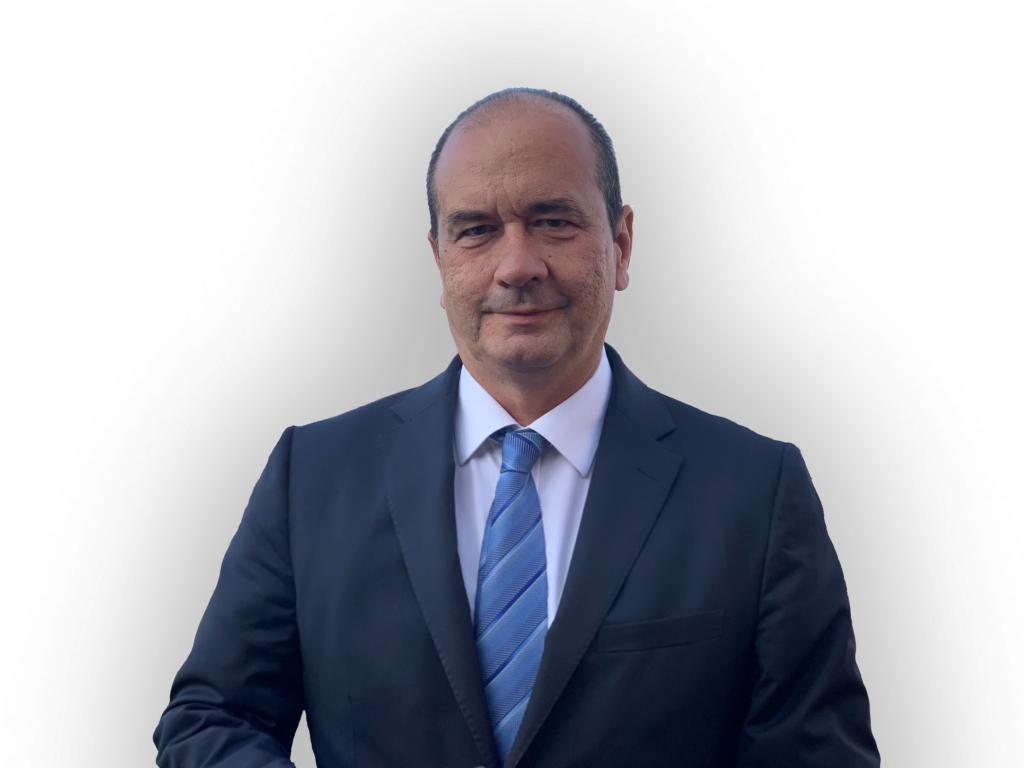AleaSoft, June 8, 2021. Interview by Pilar Sánchez Molina, from pv magazine, with Antonio Delgado Rigal, PhD in Artificial Intelligence, Founder and CEO of AleaSoft, who will participate in the networking session in Spanish that will take place within the framework of the Roundtables of pv magazine to be held on June 9 between 12:00 and 13:00 CET. In the interview, some of the topics that will be explored during the networking session related to the present and future of the renewable energy and electricity markets are advanced.

We repeat the question that we asked Asier Ukar yesterday: More and more players are entering the renewable energy market, and we see large funds, manufacturers of household appliances and superstores such as IPP, manufacturers or sellers of modules. Is there room for everyone?
Without a doubt. The objectives set by the European Union are ambitious. It should be kept in mind that it is not just about decarbonising the electricity sector. There are other sectors such as transport and industry that are large emitters and need to be decarbonised, so there is a lot to do and a lot of renewable energy to generate and replace fossil fuels.
Is it good for the market that there are so many players?
The competition is good for any market, so the development of the renewable energy will benefit from all these players. In addition, investments to be made are very important and it will be necessary to diversify the investment sources.
We are seeing a huge rise in the transport of shipments from Asia, of components … How do these price increases affect the forecasts?
At the moment, the mid‑ and long‑term electricity markets prices were not affected by this circumstance.
The greatest impact on the future forecasts is currently coming from the high CO2 emissions and gas prices.
Is it so important to have forecasts? It seems that the market is mature and “can manage” on its own.
It’s fundamental. It is necessary to have a vision of the future of markets prices, with confidence bands based on a probabilistic metric, to assess the risk of investing in a renewable energy project, through PPA, in auctions or in 100% merchant projects. They are also an essential input in financial models when seeking financing for projects.
Forecasts with hourly detail allow estimating the income of the plant and they are also a reference when determining the price structure in the negotiation of a PPA. They are also used in audits and due diligences as support for the decisions made. And once the plant is up and running, they are necessary to define energy sales strategies in the spot and futures markets.
It must be remembered that forecasts, in addition to being important for making decisions of the future, are also necessary to have a trace of decisions that were made in the past, and that is why in audits they are essential.
In a year, we went from seeing very low prices to skyrocketing prices in European electricity markets. Do these fluctuations also affect PPA prices?
PPA prices are influenced by the behaviour of spot markets and, above all, futures markets of both electricity and fuels and CO2. Variations that are registered in these have an impact on PPA prices. But PPA are long‑term contracts, so their evolution is more closely linked to prices expected in the future in the medium and long term. These long‑term prices estimates, if done correctly, are much more stable than the short‑term temporary prices fluctuations because the electricity market is in equilibrium. Although these high and low prices situations will continue to occur, the market equilibrium will remain. If the market prices rise for a long time, the demand will decrease so that in the long run prices will fall again. And if, on the contrary, prices fall, it is not profitable for producers to produce and investments are discouraged, so that in the long run the supply will decrease and prices will tend to rise.
Will the closure of nuclear and coal‑fired thermal power plants affect the pool in Spain?
In Spain, the coal energy production decreased considerably since the beginning of 2019, being currently very low and there were no major impacts because there is sufficient generation capacity with other technologies.
If the closure of the nuclear power plants is done in an orderly manner and the growth expectations of renewable energies are met, there should not be major effects either in this case.
In any case, as gas is the backup technology for the renewable energy production, there will be hours of high prices because CO2 emission rights prices can continue to rise and it will also depend on the price of this raw material. It must also be taken into account that the gas energy production does generate emissions, something that does not happen with the nuclear energy, so the closure of the nuclear park will delay the CO2 emissions reduction.
And auctions, will they affect the financing of PPA?
The financing of PPA, in general, will not be affected by auctions. It is true that projects that are winners in auctions will be able to obtain better financing conditions, because in some way they are a PPA with the State, which has a high credit quality. But PPA will continue to be necessary for projects that did not go to auction and also for large consumers, also with the endorsement of the State as guaranteed by the Statute of electro‑intensive consumers, who can see in them a tool to mitigate the market prices risk and to meet their environmental goals.
Source: AleaSoft Energy Forecasting.

